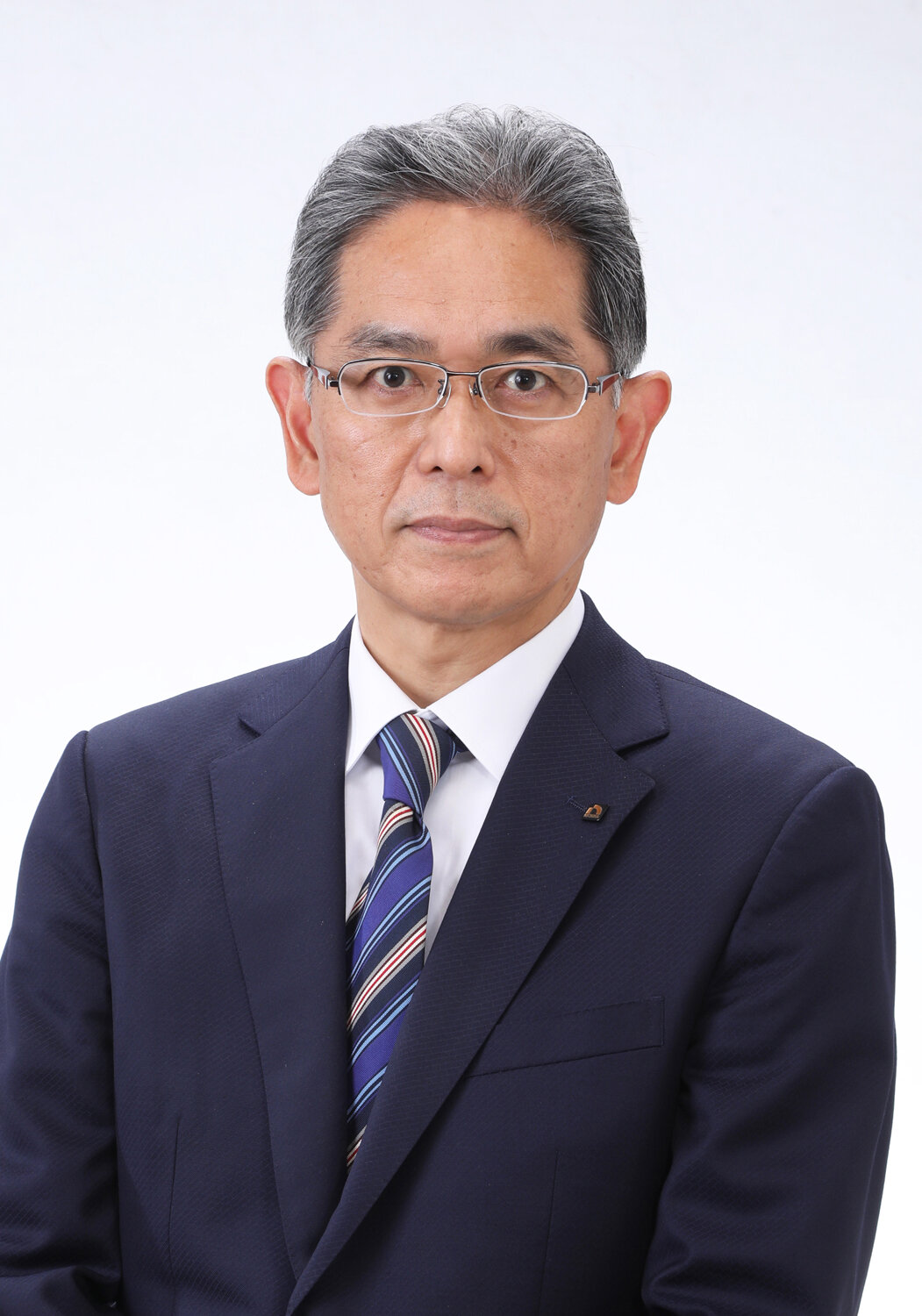|

|
Under "Challenge Global to 2030" our long-term vision for 2030, the Nichiha Group aims to go global for everything from development to procurement, production, sales, and logistics in the value chain, capital efficiency, risk management, and all other aspects of our business. To achieve this long-term vision, we have set as targets for the final year of the 1st Medium-Term Management Plan (FY2024 to FY2026) consolidated sales of ¥161.0 billion, operating profit of ¥16.5 billion, ROIC of 8%, and ROE of 9%, and are working with alacrity on the four following key strategies to attain these targets.
(1) Break Into Domestic and International Markets
In the Japanese market, we are focusing our efforts on breaking into the non-residential market as a response to the shrinking housing market. Specifically, we are working to capture demand for mid-rise building and condominium renovation projects that leverage our proprietary construction method, the Nichiha MARC System, in addition to promoting the switch to our products from competitor exterior wall materials (ALC, etc.) in the retail facility sector. We have also released a new steel frame construction method that saves labor and shortens construction periods. To fortify our organizational structure for the non-residential market, we have reinforced departments specialized in this area and have assigned staff at major locations nationwide.
Meanwhile, in the international market, we aim to shore up our non-residential business in the US as well as expand business by breaking into new markets, such as establishing a local subsidiary in Canada.
(2) Improve Profitability
On the sales front, we aim to increase sales and profit per project by boosting sales of construction materials in addition to siding. We are also revising product prices and delivery fees as appropriate in response to cost hikes in raw material, labor, and more. Going forward, we will continue to revise product prices and costs while monitoring market trends to maintain stable profitability in response to cost hikes.
Meanwhile, on the production front, we are working to improve productivity through equipment modifications and labor-saving investments while expanding production at optimal locations to reduce rising logistics costs.
(3) Boost Efforts Toward Material Issues
The Nichiha Group has established as its four material issues the prevention of global warming, creation of a circular economy, protecting human rights, and promotion of human capital management. In our efforts to prevent global warming, we are working to achieve carbon neutrality by 2050 through fuel conversion studies at production facilities, CO2 sequestering in products, and company-wide energy-saving efforts. We are also obtaining EPD (Environmental Product Declaration) certification for our main fiber-reinforced cement siding, which uses numerical data to show the environmental impact of products.
In human capital management, we are focusing our efforts on developing and utilizing human resources to support sustainable growth. Specifically, we are improving compensation and benefits measures so that employees who will lead the next generation and experienced older employees will be better able to thrive. We are also working to expand our training systems for developing global talent and promote health management.
(4) Capital Policy
In our 1st Medium-Term Management Plan, we have incorporated measures to create business management with an awareness of capital costs and stock prices and have outlined a capital policy within this framework to increase our P/B ratio to 1 or higher.
In improving P/B ratio, we are working to improve ROE and PER.
To improve ROE, we are working to boost ROIC and optimize our financial leverage through appropriate cash flow allocation that takes into account the balance between strategic investments and shareholder returns.
To improve PER, we are working to enhance communication with shareholders and investors, boost efforts toward our material issues, and strengthen compliance and risk management.
Implementing these four key strategies steadily will drive even greater improvements in corporate value.
President 
|